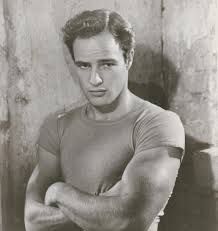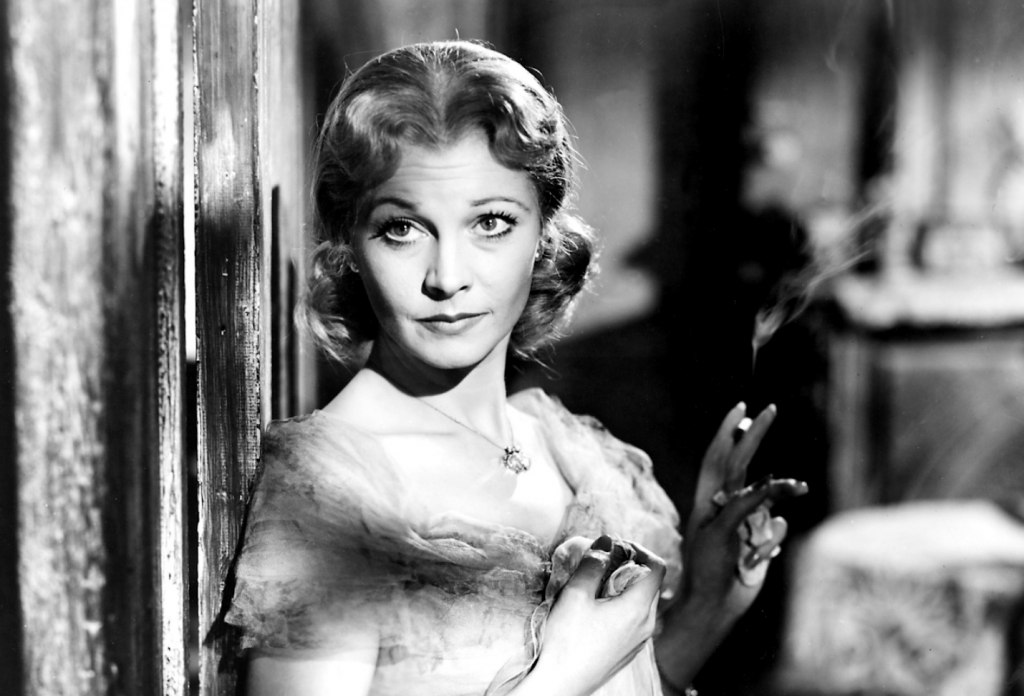Thursday Theatre: A streetcar named desire – review
A Streetcar named desire : Almeida theatre
‘A streetcar named desire’ is my favourite play. So, when I was invited to see the new production at the Almeida theatre in Islington, starring Paul Mescal, I jumped at the chance. The short run, until February, is sold out but luckily, we got last minute return tickets, in the second row, right by the stage and it was well worth a night out, just before Christmas. Meeting and chatting to Mescal after the show was a wonderful bonus from Santa!
Streetcar is Tennessee Williams’ most famous play and every revival has big star names clamouring to take on the complex characters he created for this story of a psychologically frail, fading Southern belle forced by circumstances to go stay with her sister and the coarse but magnetic brother in law she is both repulsed by and attracted to. The play was adapted onto the silver screen in 1951. It starred Vivien Leigh (Scarlett O’Hara in Gone with the wind) and a relatively unknown young actor called Marlon Brando.
Brando’s sexually charged, ferociously compelling performance as the unrefined but perceptive Stanley Kowalski fired up the screen like nothing before. The simmering tension between him and Leigh’s outwardly genteel Blanche Dubois sizzled in a way that Hollywood had not seen until then. Brando’s potent presence on screen would change movie acting forever, inspiring future greats like Al Pacino, Robert De Niro and Dustin Hoffman, among others.


Every actor, playing Kowalski since has had big shoes to fill. So, I was keen to see how Mescal would fare in the role made iconic by Brando.
He fares very well, putting his own imprint on the role, instead of trying to outBrando Brando. He brings a star’s charismatic glow to the intimate production directed by Rebecca Frecknall and you feel his absence keenly whenever he’s not on stage. Mescal is currently riding high, not only from the popular tv series Normal People but also due to the acclaimed film Aftersun which is proving a serious contender during film awards season. Mescal, himself, is being talked about as a possible Oscar nominee in the best actor category for his leading role in the film.

While he may be the star draw for this production, Patsy Ferran in the role of Blanche has to carry the play. A daunting task for any actress, after weeks of rehearsals but an especially demanding one if you are the understudy and have to take the lead at short notice. That is what happened to Ferran four days before opening night.
She rises to the challenge splendidly, delivering lengthy chunks of layered dialogue confidently and with nuanced feeling. While she doesn’t have the jittery fragility of the cinematic Blanche and doesn’t fully convey the desperate fading youth of a woman who can no longer bear to be seen in harsh light, she handles the character’s hard lived vulnerability well.

In the spirit of ‘colour blind’ casting which theatre has embraced wholeheartedly, Blanche’s younger sister is played by Indian born Anjana Vasan, which, initially, took me out of the story, as such casting decisions do. That said, Vasan does a sterling job as Stella who, in some ways, is the lynchpin of the story, connecting, as she does, the cultured, old world mores of her sister and the tough, streetwise existence of her husband and his friends. She grows into the role with each scene and by the end is the strong emotional core of the story. However, there is a curious lack of chemistry between Vason and her two main co-stars which, at times, creates a jarring sense of disconnectedness.

The size and layout of the Almeida provides a perfect backdrop for the gnawing claustrophobia that envelops each character as the story develops and moves towards its bleak ending. It also helps to draw the audience fully into the lives and travails of those on stage.
If you can get a ticket, this is one to see.

